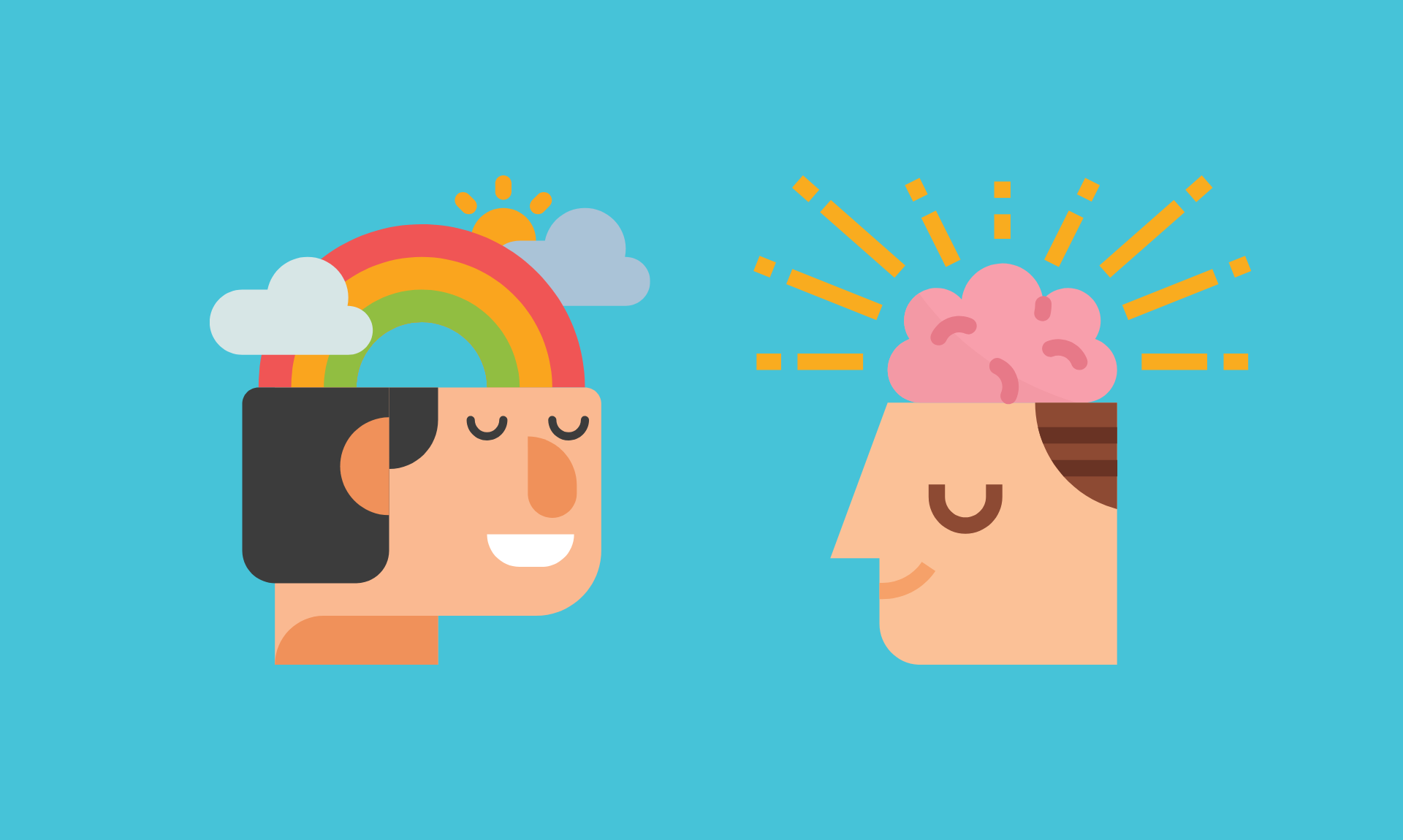As well as looking at what you can do to make working from home easier, it’s vital to look after your mental health. Even with support and tips on how to work from home, the current situation may still cause you to feel anxious, stressed, worried, sad, bored, lonely or frustrated. It’s OK to feel this way. You’re an individual and everyone reacts differently.
The Covid-19 outbreak is a temporary situation and, for most of us, the difficult feelings we experience will pass. Below are some things you can do to help you look after your mental health and wellbeing during times of uncertainty. Things that’ll help you think clearly and make sure you take care of yourself and those around you.
Stay connected with colleagues
It’s important for each of us to work out how much interaction we need to feel connected and included. Do you need to have several chats with different colleagues to confer on projects throughout the day? Or is it a single call with your line manager at the end of the day to discuss what’s been achieved? If you’re at a business that doesn’t have a strong or established remote culture, you may need to be more proactive about nurturing relationships. Don’t be afraid to speak up and say so if you need regular contact. Being vocal now to find the best way to feel supported and connected is healthier than trying to adapt to a situation that prevents you from feeling happy and confident.
Prioritise
Either at the end of the previous working day, or at the start of each morning create a list of what you want to achieve during the day ahead. And divide it up into what’s important, what’s urgent, what’s not important, what can wait. Don’t overwhelm yourself by keeping things on your list that really don’t need to be on there. If it helps, share this list with colleagues and/or your line manager so everyone knows what you expect to achieve each day. This avoids others having unrealistic expectations.
Stay connected with people
Maintaining healthy relationships with people we trust is important for our mental wellbeing, so stay in touch with friends and family while you need to remain at home. Make more phone calls or try video calls or social media instead – whether it’s with people you normally see often or connecting with old friends.
Eat well
It’s easy to slip into bad eating habits, not leaving our desk throughout the day, just grazing rubbish or not eating anything at all. Recognise bad eating habits and nip them in the bud. We are what we eat…. and our body needs fuel to keep running.
Look after your body
Physical health has a big impact on how we feel. At times like these, it can be easy to fall into unhealthy patterns of behaviour that end up making you feel worse. Try to eat healthy, well-balanced meals, drink enough water and even though it’s more difficult to do so, exercise regularly. You can leave your house, alone or with members of your household, for 1 form of exercise a day – like a walk, run or bike ride. But make you keep a safe 2-metre distance from others. Or you could try one of these NHS approved 10-minute home workouts. https://www.nhs.uk/oneyou/for-your-body/move-more/home-workout-videos/
Look after your sleep
Good-quality sleep makes a big difference to how we feel mentally and physically, so it’s important we get enough. Maintain regular sleeping patterns and good sleep practices – like cutting back on caffeine, creating a restful environment or writing down a list for tomorrow to avoid lying awake worrying.
Breathe
Might sound strange but be aware of your breathing. Without realising, we have a tendency to hold our breath when we’re stressed. Whether you’re into yoga or not, it’s well worth investing time in learning some breathing exercises. Not only will it calm you, it’ll supply more oxygen to your brain to help you solve work problems quicker.
Stick to the facts
One of the best things we can all do is limit the time we spend watching, reading or listening to coverage of the outbreak. Set yourself a specific time to read updates or limit yourself to a couple of checks a day. Choose a credible source you can trust – such as GOV.UK or the NHS website – and avoid others, or use it to fact-check information you get from newsfeeds, social media or other people.
Make sure to do things you enjoy
If we feel worried, anxious or low, we might stop doing things we usually enjoy. Focusing on a favourite hobby, relaxing indoors or connecting with others can help with anxious thoughts and feelings. If staying indoors means you can’t do the things you normally enjoy, think about how you could adapt them, or try something new. People are coming up with inventive new ways to do things, like hosting online pub quizzes or book groups.
Recognise signs of when enough is enough
If you start to feel emotional or tearful and find it difficult to put on a brave face for the team, or you start to snap at people for little things you’d normally brush over, stop. Take a break. Walk away from your desk. But ask for help if you need it. Sometimes we can be our own worst enemies and we try to soldier on without sharing how we’re feeling. If it’s becoming increasingly difficult to cope with your workload or you’re struggling with the lack of contact with others, speak to your line manager and ask for help.
Hopefully you’ve found this useful and you can take something from it to help you look after your mental health. For more advice on mental health tips and staying healthy, visit https://www.nhs.uk/oneyou/every-mind-matters/
And make sure to have a read of our recent article if you’re looking for tips on working from home.
Stay safe, stay well and share how you feel.
Other resources: World Health Organisation







